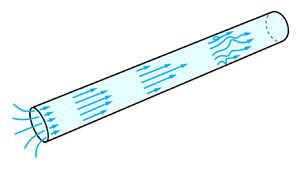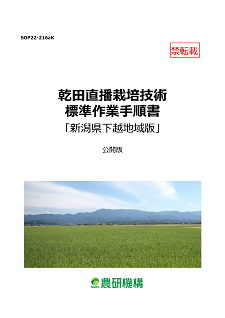2023-03-23 マサチューセッツ工科大学(MIT)
このシステムは、独自に生成されたランダムなコードを提供し、複製することができないようにする。このシステムは、農業分野における不正の問題に対処するために開発された初めてのシステムである。
<関連情報>
- https://news.mit.edu/2023/tackling-counterfeit-seeds-unclonable-labels-0322
- https://www.science.org/doi/10.1126/sciadv.adf1978
農業における偽造防止と製品トレーサビリティのための生体高分子設計と物理的非共有機能との一体化 Integrating biopolymer design with physical unclonable functions for anticounterfeiting and product traceability in agriculture
Hui Sun,Saurav Maji,Anantha P. Chandrakasan,Benedetto Marelli
Science Advances Published:22 Mar 2023
DOI:https://doi.org/10.1126/sciadv.adf1978

Abstract
Smallholder farmers and manufacturers in the Agri-Food sector face substantial challenges because of increasing circulation of counterfeit products (e.g., seeds), for which current countermeasures are implemented mainly at the secondary packaging level, and are generally vulnerable because of limited security guarantees. Here, by integrating biopolymer design with physical unclonable functions (PUFs), we propose a cryptographic protocol for seed authentication using biodegradable and miniaturized PUF tags made of silk microparticles. By simply drop casting a mixture of variant silk microparticles on a seed surface, tamper-evident PUF tags can be seamlessly fabricated on a variety of seeds, where the unclonability comes from the stochastic assembly of spectrally and visually distinct silk microparticles in the tag. Unique, reproducible, and unpredictable PUF codes are generated from both Raman mapping and microscopy imaging of the silk tags. Together, the proposed technology offers a highly secure solution for anticounterfeiting and product traceability in agriculture.



